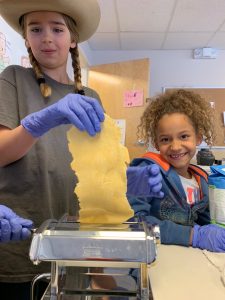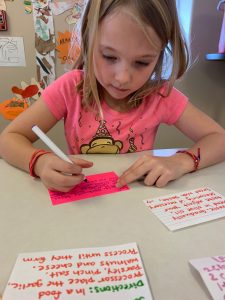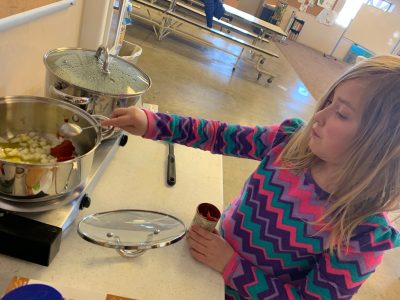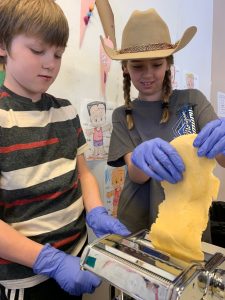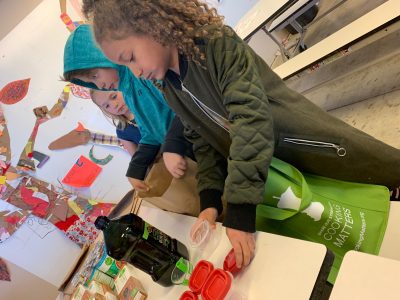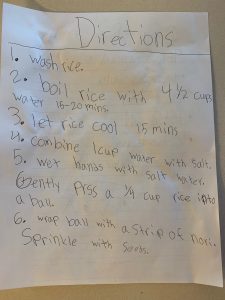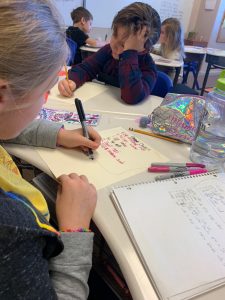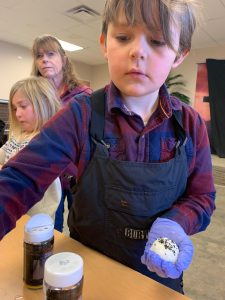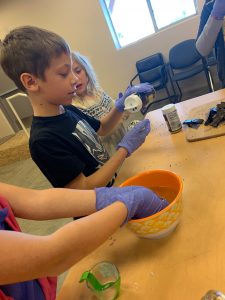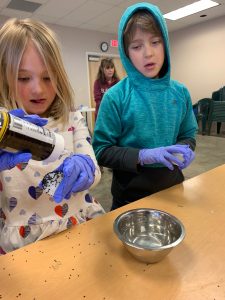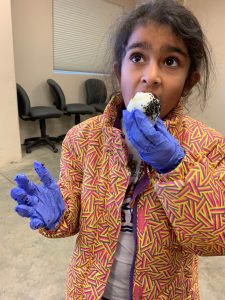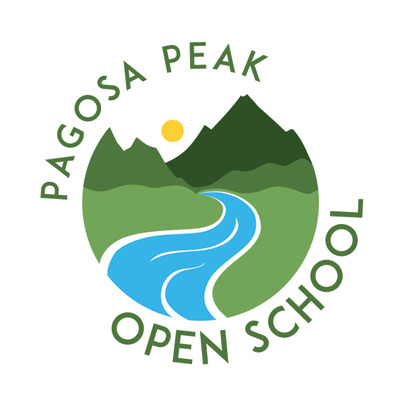Our food theme continues at PPOS, as students in the second/third-grade class bring this theme beyond their classroom walls and into their homes. Reviews of recipes, extensive draft writing of such recipes, collaborative cooking projects, and food documentaries have influenced student meal making at night. Students experimented with pasta making and sushi rice during the school day in groups, sharing these meals with each other (and extras with our kindergarten class) before packing up the ingredients and the directions to take home. Reflections on cooking at home were shared through writing, drawing and orally around the circle in the morning.
“It was so salty,” Sofia said. “And the onion was so spicy it made my eyes water!” Others around the rug nodded, connecting with her culinary growing pains.
“I forgot to bring home the directions,” another said. “But we figured it out and it was tasty.”
“I did everything by myself,” Logan said. “With my mom. She did all the hot stuff.”
The benefits of cooking at home through projects like these reach far beyond the academic impact (which is also extensive and includes things like writing development, fraction work, multiplication problems, volume understanding, reading comprehension, and the use of informational text as research). According to Harvard Health Publishing, “A growing body of scientific evidence supports teaching how to cook meals at home as an effective medical intervention for improving diet quality, weight loss, and diabetes prevention.” Turns out, people who cook tend to lead healthier lives.
At PPOS we look at the whole child. We know that in order to grow into lifelong learners they need to have the basics – and many of those basics begin in the kitchen.
